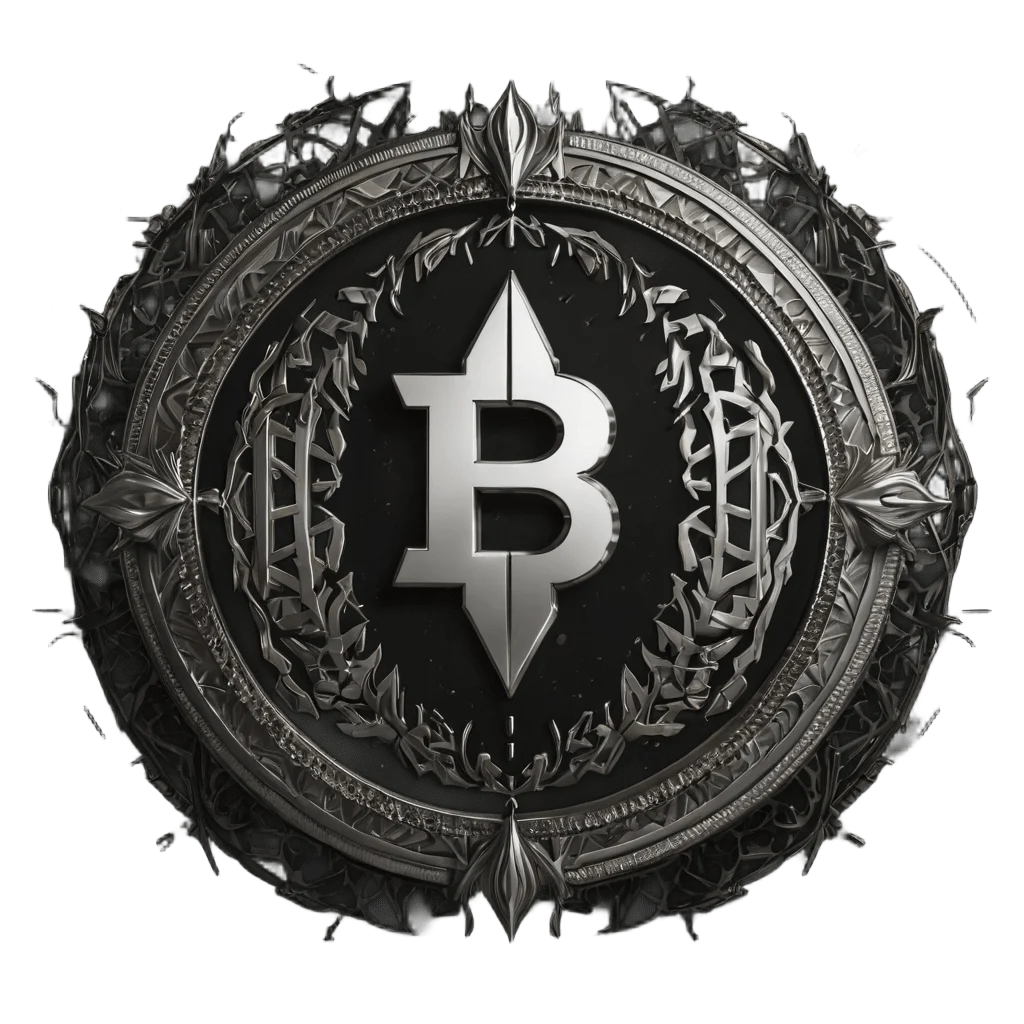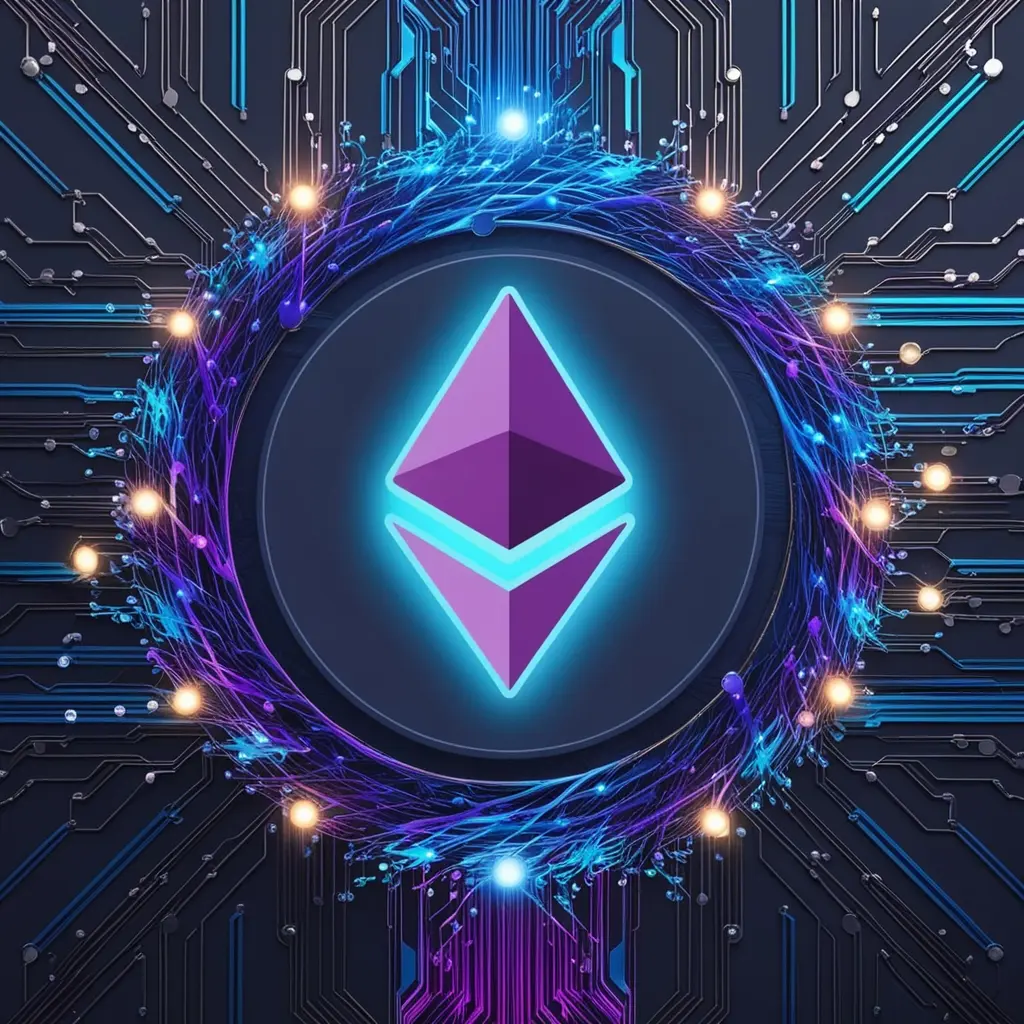Vitalik Buterin, co-founder of Ethereum, persistently remains central to dialogues concerning the forthcoming evolution of distributed ledger innovation. His perspectives on Ethereum’s progression demonstrate a strong dedication to de-centralization, freedom against censorship, individual staking, and secondary blockchain (L2) enhancements. As Ethereum progresses and evolves, these concepts will be vital in influencing its environment.
Decentralization as a Core Principle
Decentralization remains a fundamental tenet of Ethereum’s philosophy. Buterin underscores that a genuinely autonomous network is vital for safeguarding security and resistance to suppression. The more distributed the network, the more challenging it is for any single entity to dominate it. This tenet is essential not only for sustaining confidence among participants but also for nurturing inventiveness within the system.
Buterin advocates for systems that encourage decentralization at every level, ranging from governance frameworks to network involvement. He maintains that enabling participation from individuals fortifies network integrity and boosts its resilience against outside influences.
Anti-Censorship Measures
Buterin emphasizes the necessity of anti-censuring mechanisms in Ethereum amidst the growing digital suppression. He contends that blockchain should act as a safeguard against censorship by offering users means to preserve their liberty of speech and fiscal operations.
Ethereum’s architecture facilitates the development of autonomous blockchain-based applications that function without centralized control. This ability is vital for facilitating users to engage without apprehension of interruption or limitation. Buterin’s vision entails bolstering these pillars to amplify Ethereum’s resilience against suppression.
Solo Staking: A Shift in Consensus
With the switch to Ethereum 2.0 and the proof-of-stake (PoS) consensus method, individual staking has become a key issue in Buterin’s talks. Singular staking permits autonomous participants to operate their own affirmators instead of depending on centralized staking providers. This move not only fosters de-centralization but also endows users with greater autonomy over their holdings.
Buterin contends that promoting individual staking could foster a stronger, more varied pool of validators, crucial for upholding network security and decentralization. He envisages a future where numerous users proactively contribute to safeguarding the network, thereby diminishing dependence on sizable stake accumulations.
Layer 2 Solutions: Scaling Ethereum
As Ethereum continues to grow, scalability remains a pressing concern. Ethereum co-founder Vitalik Buterin promotes Layer 2 protocols to augment transaction volume without undermining security or maintaining network decentralization. These methods facilitate quicker and less costly exchanges by conducting them off-chain while still utilizing the main Ethereum network’s security.
Buterin perceives Layer 2 as a crucial element in Ethereum’s forthcoming development, facilitating its capacity to accommodate a wider spectrum of applications and scenarios. Layer 2 frameworks enhance Ethereum’s competitiveness amidst a densely populated blockchain ecosystem.
In conclusion, Vitalik Buterin’s vision for the future of Ethereum centers around fundamental principles like decentralization, strong anti-censorship measures, solo staking, and the deployment of Layer 2 scaling solutions. As these components converge, they will not only mold Ethereum’s path but also impact the wider terrain of blockchain innovation.




